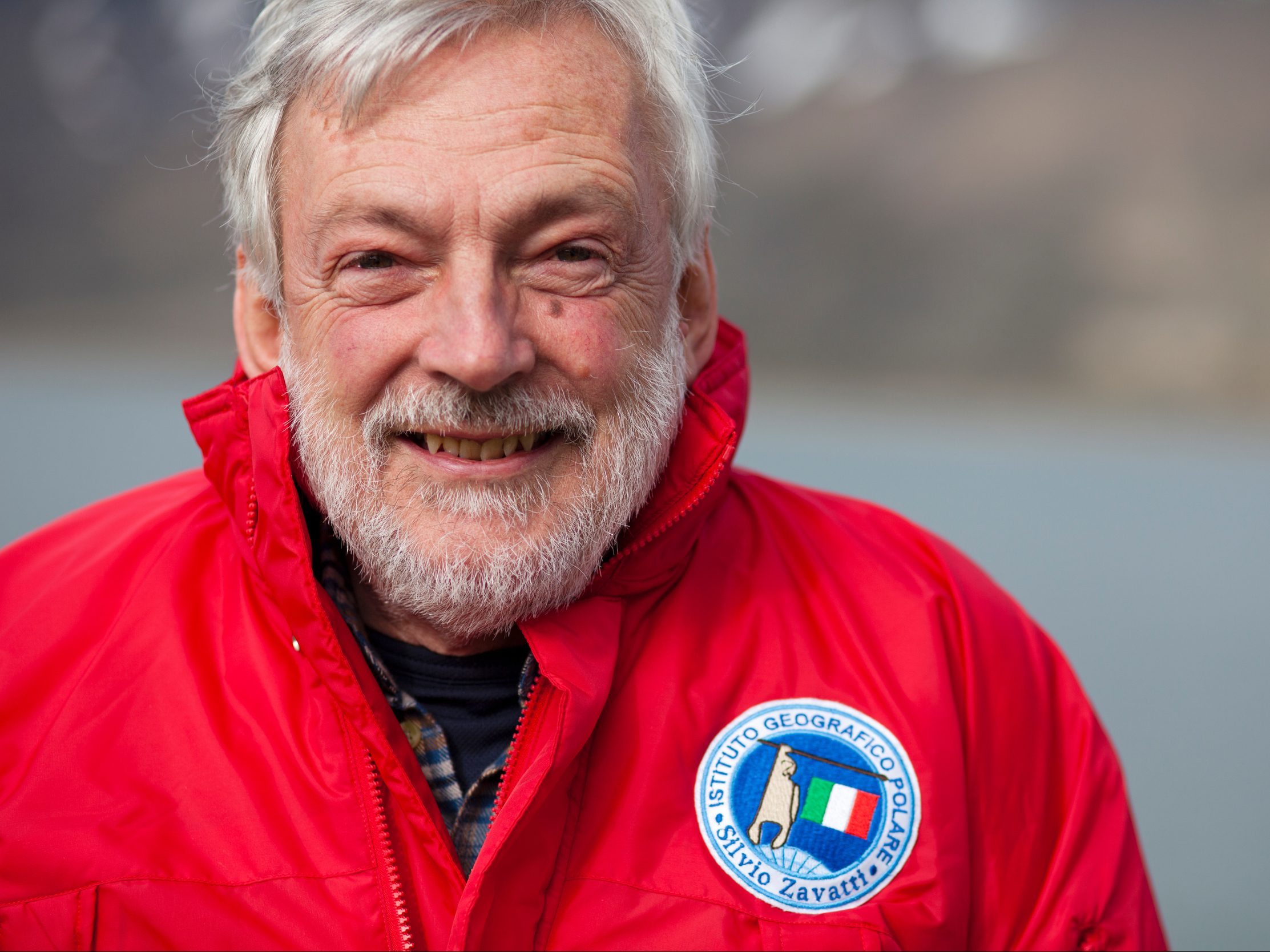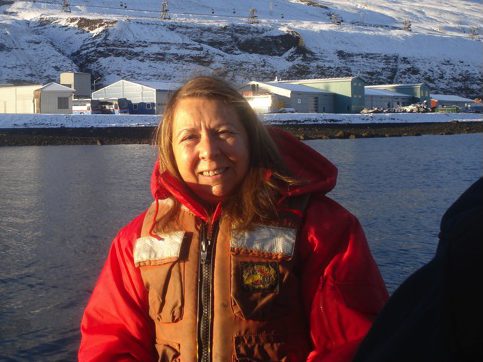Venerdì 22 settembre
/ time 11-11.30Piazza Unità d'Italia
Intervento di
Maurizio De Blasio
Paola Del Negro
Roberto Di Piazza
Roberto Di Lenarda
Antonio Maconi
Pietro Pelù
Caterina Petrillo
Andrea Romanino
Interviene un rappresentante della Regione Autonoma Friuli Venezia Giulia


